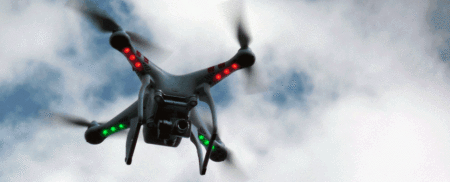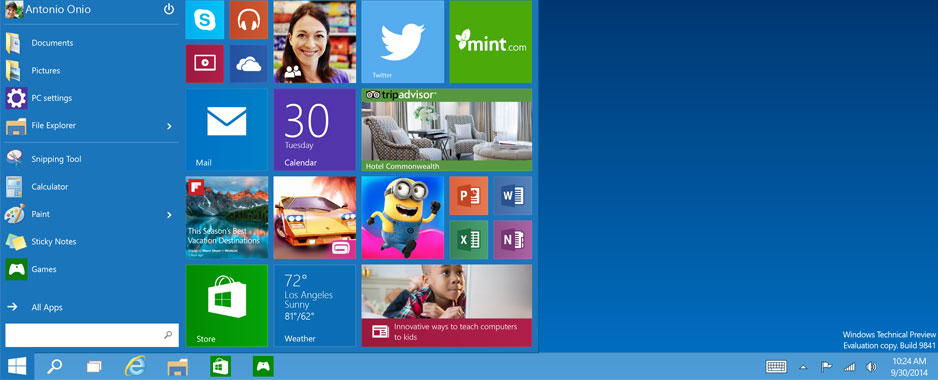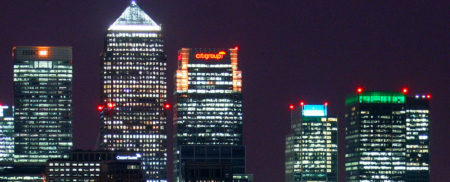It will come as no surprise to anyone that drugs are big business, so when a drone crashed in a car park of a US border town weighed down with several kilos of narcotics, it was just another example of smugglers
Author: The Conversation
The hype around the next generation of Windows reached a new high this week with the Windows 10 Preview, held at Microsoft’s Seattle headquarters in the US. With the marketing machine revving at the red-line, the event has settled much
We have spent years promoting the need for change in our approach to Internet infrastructure, forcing politicians to recognise it as a serious issue. So it’s great to see US President Barack Obama tackling the issue in his state of the union address. You may agree or disagree
Despite the importance of the Internet to contemporary society, according to the International Telecommunication Union only 42% of the world’s population is online. That leaves 4,3bn people without the Internet, of which 90% live in the developing world. African, Asian
The announcement that Google is to halt sales of its Google Glass augmented-reality spectacles has been interpreted by some people as the end of a pilot project and the start of a new phase of product development, or by others as indicative of failure. Google says the
The financial institutions of the City of London and Wall Street are to take part in a series of “war game” exercises aimed at testing their resilience to cyberattack. The announcement comes as British Prime Minister David Cameron travelled to the White House to
Google’s announcement that it will not provide security updates for older versions of its Android mobile operating system means that more than a billion users face growing security risks to their phones or tablets
With the recent acquisition by Facebook of voice-recognition company Wit.ai, all four major players in the post-PC market – Apple, Google, Microsoft and Facebook – now have a significant infrastructure for hands-free communication with your device. But what will that
Bitcoin was dubbed the worst investment of 2014. As predicted, however, 2015 has seen the continued fall in value of the currency that was supposed to fuel the digital age. In the last 10 days alone, it has
British Prime Minister David Cameron has stated that the UK government will look at “switching off” some forms of encryption in order to make society safer from terror attacks. This might make a grand statement











